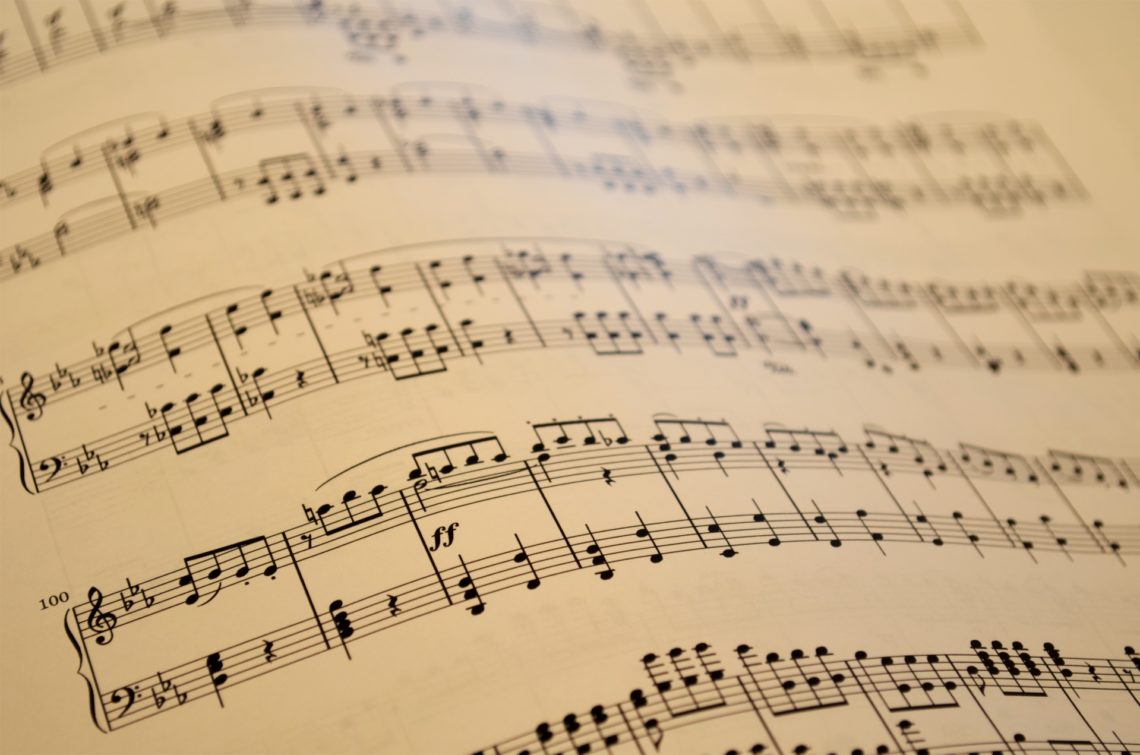Musician Miley Cyrus, record label RCA Records, and songwriter Michael May (a/k/a Flourgon) settled the parties’ dispute over Cyrus’s hit song “We Can’t Stop.” Flourgon alleged Cyrus’s hit unlawfully infringed copyrighted material in his previously recorded song “We Run Things.” What does the U.S. Copyright Act of 1976 (the “Copyright Act”) provide regarding music, and what damages are available to the owner of an infringed copyright?
The Basics of Copyright Law
As discussed in Lindley Law’s prior blog post, a copyright protects an original work of authorship “fixed in any tangible medium of expression.” “Copyright” is not a single right, in the literal sense. Instead, it refers to a bundle of exclusive rights possessed by the owner of the copyright, including reproducing or copying the work, selling and distributing the work, control over public performance of the work, and the right to prepare derivative works (or works that derive from, but alter, the work).
These rights exist as soon as the work is fixed in the medium of expression – i.e., written, spoken, sung, etc.. In the case of a music composition, this could be as soon as the lyricist writes the lyrics, or as soon as the songwriter/composer writes the sheet music. Registration is not a prerequisite to owning rights; however, registration is advisable because 1) it can help establish the date of creation, and 2) registration is required to initiate an infringement lawsuit.
The originality requirement provides that a work must possess at least a modicum of creativity to enjoy copyright protection. Although this requirement sets a low threshold, it is possible for a court to determine the alleged copyright owner does not satisfy it, and therefore lacks copyright protection.
For works created by an individual author on or after January 1, 1978 (including Flourgon’s song), copyright protection continues for the entire life of the author plus 70 years. If the work has more than one joint author, the duration is the entire life of the last surviving author plus 70 years. If the author is anonymous, pseudonymous, or a work-for-hire, the duration is the earlier of 95 years from the date of first publication or 120 years from the date of creation.
There are numerous categories of potentially copyrightable works. In the context of music, the Copyright Act recognizes two distinct categories. First, a musical composition copyright can protect both the sheet music and accompanying lyrics. Second, a recorded performance of a particular musical composition can be separately protected as a sound recording. In the instant dispute, Flourgon alleged infringement due to similarities in the lyrics of the two songs – an element of the musical composition.
Available Damages
The Copyright Act provides several potential remedies to copyright owners if an infringement occurs. In addition to monetary damages (calculated as damages suffered by the copyright owner plus profits enjoyed by the infringement party), injunctions, seizure of infringing articles, and costs and attorneys’ fees are available. Infringing parties can even be exposed to criminal liability in certain circumstances.
If you have questions regarding a civil dispute, please give us a call at (704) 457-1010 to schedule a consultation. For more information regarding our firm, attorneys, and practice areas, please visit https://lindleylawoffice.com/.





